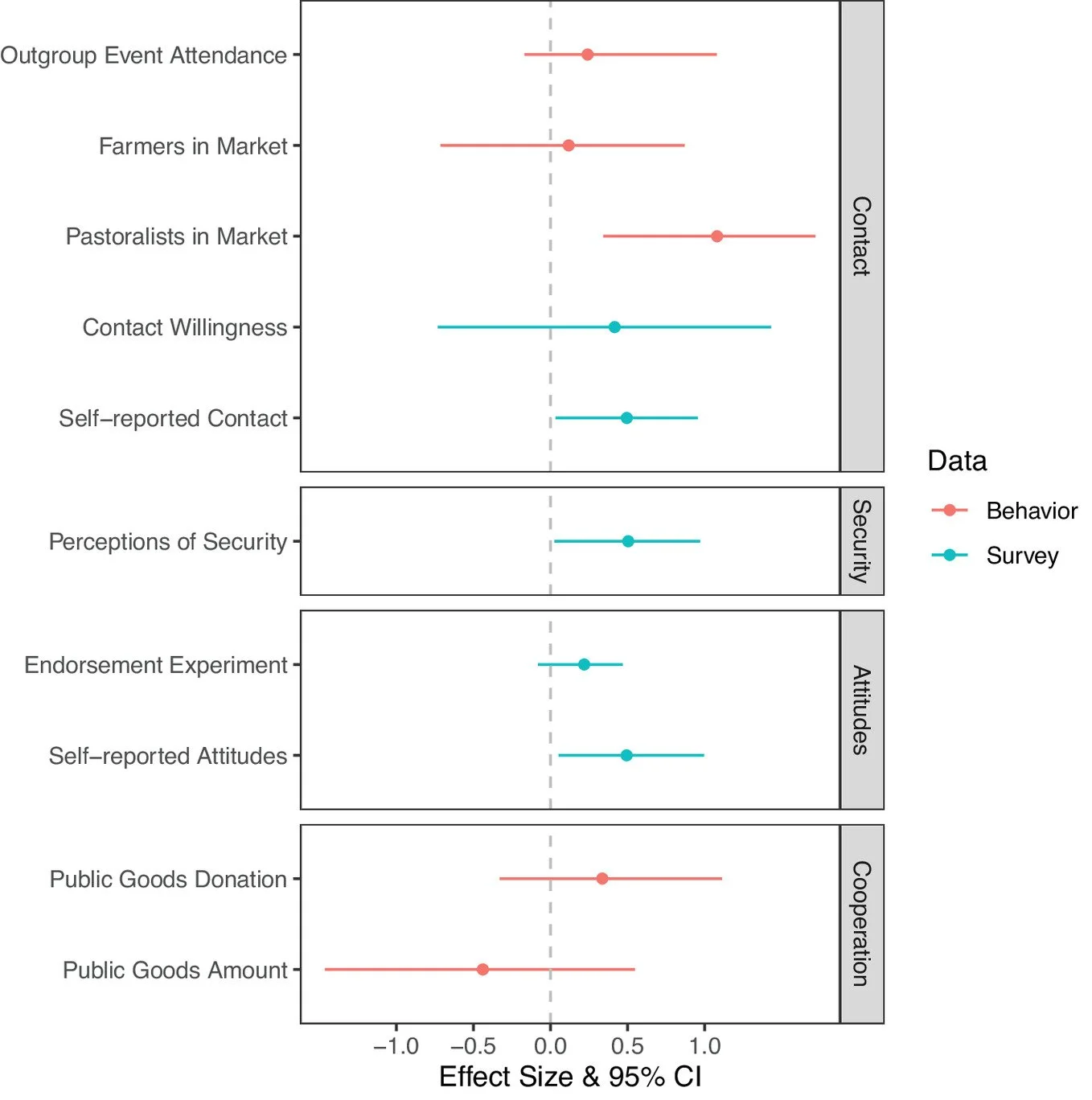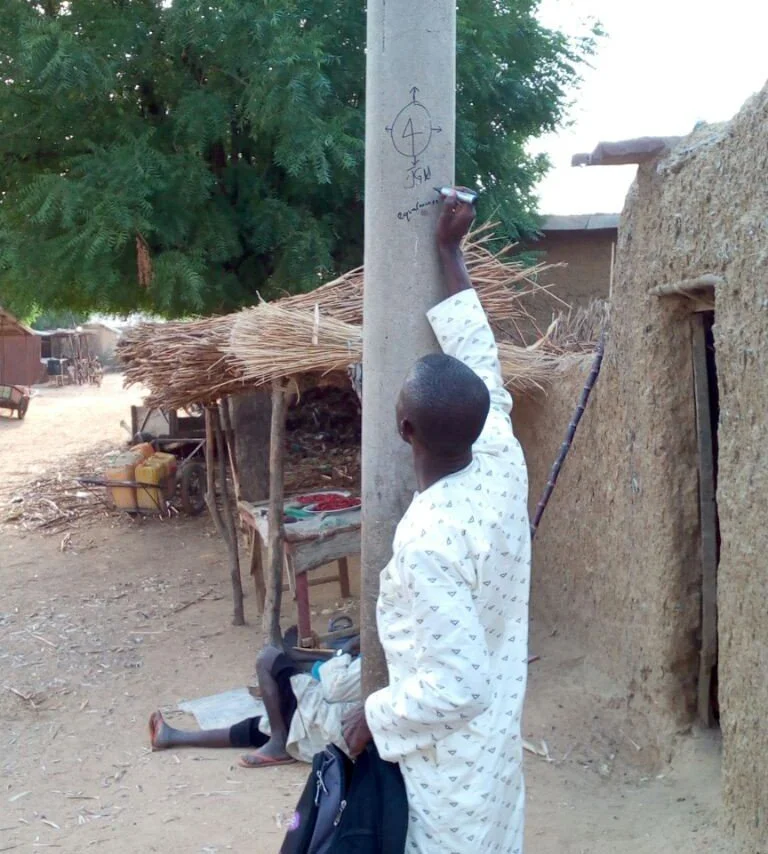Christopher Grady, Ph.D.
I bridge the worlds of research and policy.
At USAID, I worked to improve the effectiveness of international development programs by helping them incorporate lessons from research. I continue this work as a Board member of Evidence in Governance and Politics (EGAP), a research network dedicated to evidence-based policymaking and rigorous knowledge accumulation.
Before joining USAID, I led field research in Ghana, Malawi, and Nigeria on projects spanning tax collection, conflict resolution, and women’s empowerment. I'm a methodological omnivore: I’ve used surveys, survey experiments, behavioral observation, games, interviews, focus groups, and ethnographic methods to understand and quantify the effects of these interventions.
I also advise development implementers on research strategy. I’ve built lasting partnerships with clients by consistently: (1) translating their goals into research, and (2) translating that research into strategic recommendations.
My strongest areas of expertise include:
Research Design - Matching the right research tool—quantitative or qualitative—to the unique challenges of each project.
Causal Inference - Designing randomized and quasi-experimental evaluations to quantify the effects of interventions.
Behavioral Science - Applying insights about the personal, social, and environmental drivers of behavior to design smarter programs.
Good governance - Helping governments improve how they collect revenue and deliver public goods.
Conflict Resolution - Designing and evaluating peacebuilding and conflict-resolution interventions in Nigeria, Ghana, and Mali.
Science Communication - Demystifying research through platforms like EIRP Insights and This Week in Social Science because science should be accessible to all.
Examples of my work
-

How contact can promote societal change amid conflict: An intergroup contact field experiment in Nigeria
Role: Led field research, lead author
Overview: Bringing people from different backgrounds together through contact is a common peacebuilding intervention and is used globally to reduce intercommunal conflicts. Yet few experimental field studies of contact theory examine whether it is an effective strategy in ongoing violent conflicts and whether contact spreads beyond those directly participating in the intervention. In this research, in the Middle Belt of Nigeria where there is persistent violence between farmer and herder communities, we find that contact led communities to have more positive attitudes about and more contact with the outgroup than control and that these attitudes diffused to the wider community where the intervention took place. This research illustrates how contact can support peace between communities despite ongoing violence.
-

Influencing the means but not the ends: The role of entertainment-education interventions in development
Role: Lead author
Overview: Entertainment-education media interventions are increasingly used for the goal of catalyzing behavior change in the context of international development. These edutainment programs are more successful when they link proposed behaviors to audiences’ pre-existing goals and values. Edutainment programs are less successful at persuading audiences to adopt altogether new goals and values.
-
Survey Experiments Guide
Roles: Lead author
Overview: This guide discusses techniques for using randomization to create experiments within a survey (i.e. survey experiments). The guide distinguishes between survey experiments that are used mainly for measuring sensitive attitudes, like list experiments, and those that are mainly used to learn about causal effects, like conjoint experiments. Survey experiments for measurement attempt to ensure honest responses to sensitive questions by providing anonymity to respondents. Survey experiments for causal identification randomize images and text to learn how the image or text influences respondents. This guide also discusses solutions to the challenges faced by both types of survey experiments.
-

Operational Plan Reader
Role: Project lead
Overview: USAID’s Operational Plans contain a trove of information about development projects globally, but the information is challenging to access. We created the Operational Plan (OP) Reader to classify and quantify the information in the Operational Plans, using administrative data, web-scraping, text analysis, and machine learning. We then created a simple user interface to allow USAID staff to easily query the information relevant to them, and we conducted user research to understand how people were using the platform so we could streamline those use cases. This platform informed the USAID research agenda, helped us target dissemination activities to Missions implementing relevant programs, and facilitated cross-Mission learning.


